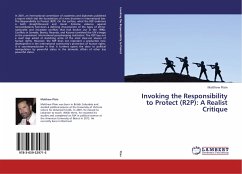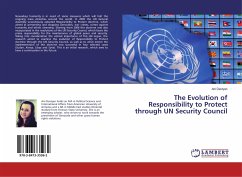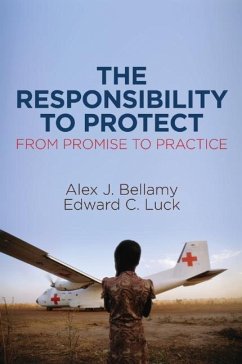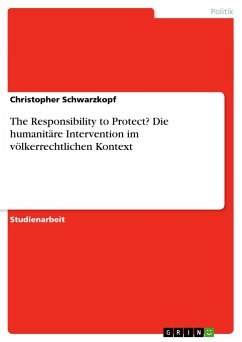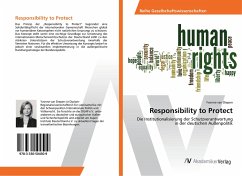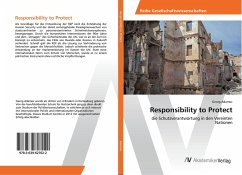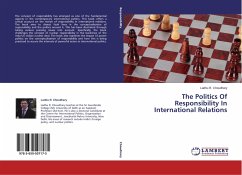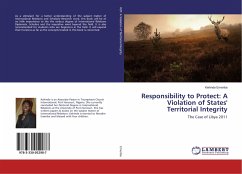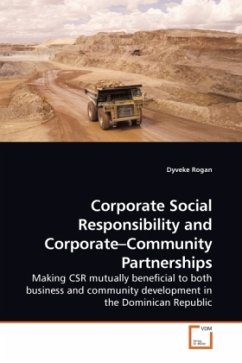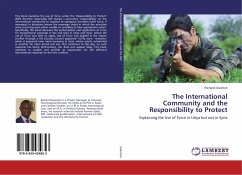
The International Community and the Responsibility to Protect
Explaining the Use of Force in Libya but not in Syria
Versandkostenfrei!
Versandfertig in 6-10 Tagen
22,99 €
inkl. MwSt.

PAYBACK Punkte
11 °P sammeln!
This book examines the use of force under the 'Responsibility to Protect' (R2P) doctrine. Essentially, R2P placed a secondary 'responsibility' on the international community to respond to egregious atrocities (with force, if necessary) in situations where the sovereign states in which the atrocities were occurring were either unable or unwilling to take appropriate action. Specifically, the book discusses the authorization and application of force for humanitarian purposes in the civil wars in Libya and Syria, where the use of force was seen to apply. Use of force was applied in the Libyan con...
This book examines the use of force under the 'Responsibility to Protect' (R2P) doctrine. Essentially, R2P placed a secondary 'responsibility' on the international community to respond to egregious atrocities (with force, if necessary) in situations where the sovereign states in which the atrocities were occurring were either unable or unwilling to take appropriate action. Specifically, the book discusses the authorization and application of force for humanitarian purposes in the civil wars in Libya and Syria, where the use of force was seen to apply. Use of force was applied in the Libyan conflict through a UN Security Council approved 'no-fly zone.' However, when it appeared even more necessary in Syria, where events culminated in another far more brutal civil war that continues to this day, no such response has being forthcoming, nor does one appear likely. This book attempts to analyze and provide an explanation for the different international responses to the two conflicts.



